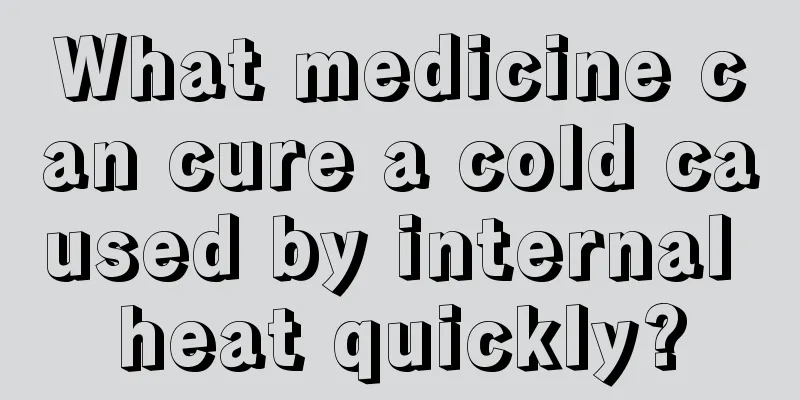Side effects of antipyretic drugs

|
The most common diseases in daily life are probably colds and fevers, but being common does not mean it is not uncomfortable. Therefore, many people choose to take antipyretics when they have a fever because they can't stand the feeling of alternating hot and cold or have severe headaches. However, all medicines are toxic. Many people do not understand the common side effects of antipyretic drugs, and do not know why adverse reactions occur when they are often used. So what is the mechanism of antipyretic drugs? What adverse side effects will antipyretic drugs produce? What are the principles of using antipyretic drugs? Many people are confused when they hear these questions and have never thought about them. The following is an introduction to antipyretic drugs from several aspects. Antipyretics are drugs that can regulate human functions to dilate blood vessels on the surface of the body, thereby increasing heat dissipation through sweating and other processes, while inhibiting chills and reducing the body's heat production. Toxic side effects of antipyretics are common. For issues such as drug rash, gastrointestinal reactions, blood system reactions, and damage to liver and kidney functions, the basic principle should be to avoid taking medicine if possible. There are principles for home medication 1. Do not take medicine if the cause is unknown. Antipyretics should not be used indiscriminately for fever of unknown cause, especially in the early stages of the fever, so as to avoid misdiagnosis due to medication interfering with the original pattern of fever. 2. No medication is required for short-term low-grade fever. Low-grade fever usually refers to a fever with a body temperature below 38.5℃. 3. Use medication with caution when a high fever breaks out. When the patient's body temperature rises significantly to around 40°C, antipyretics must be used with extreme caution. For such patients, the dosage must be reduced each time and the medication must be used with caution. 4. Diagnose and treat children’s fever early. Children's reaction to a low-grade fever is often not obvious, but their body temperature rises quickly. They may be fine in the afternoon but suddenly develop a high fever at night. Therefore, children's fever must be taken seriously. Even if it is a low fever, medical treatment should be sought promptly, and some temporary antipyretic drugs should be available. From the above introduction, we can know that antipyretic drugs reduce fever by making people sweat, and the side effects are relatively large. Knowing this knowledge, people will no longer choose antipyretics as their first choice when they have a fever, but will pay more attention to physical methods of cooling down. After all, long-term good health is the life goal that everyone pursues. |
<<: The best medicine for treating hemorrhoids
>>: Dangerous period calculation
Recommend
Fasting for too long causes blood sugar to rise? It doesn’t have to be diabetes!
In daily life, blood sugar testing has become an ...
What medicine is effective for alopecia areata
Alopecia areata is a common clinical hair loss di...
What kind of shoes should I wear when dancing?
Dancing is a sport that many people like. It can ...
What fabrics are used for sun protection clothing?
When traveling, you must prepare a sun-protective...
What are the essential nutrients for the human body?
Human life requires a lot of nutrients to maintai...
What causes diarrhea and bloody stools?
Diarrhea and bloody stools must be taken seriousl...
The benefits of being single, are you willing to be single?
Nowadays, more and more people like to be single....
How to diagnose prostate cancer
As we all know, cancer is not uncommon in our liv...
How to treat inflammation in the lungs
We must take good care of our lungs in our daily ...
Drinking barley water causes diarrhea
Generally speaking, drinking red bean and coix se...
How to clean sheep lungs
Many people in our daily life like to eat sheep l...
What medicine is better for perianal abscess
Perianal abscess is a very torturous problem beca...
What is the way to relieve rheumatic pain immediately?
In real life, rheumatism is a relatively common p...
How to do moxa stick moxibustion operation procedure?
According to records in traditional Chinese medic...
Sputum with small streaks of blood
Sometimes, when we cough up phlegm, there will be...









